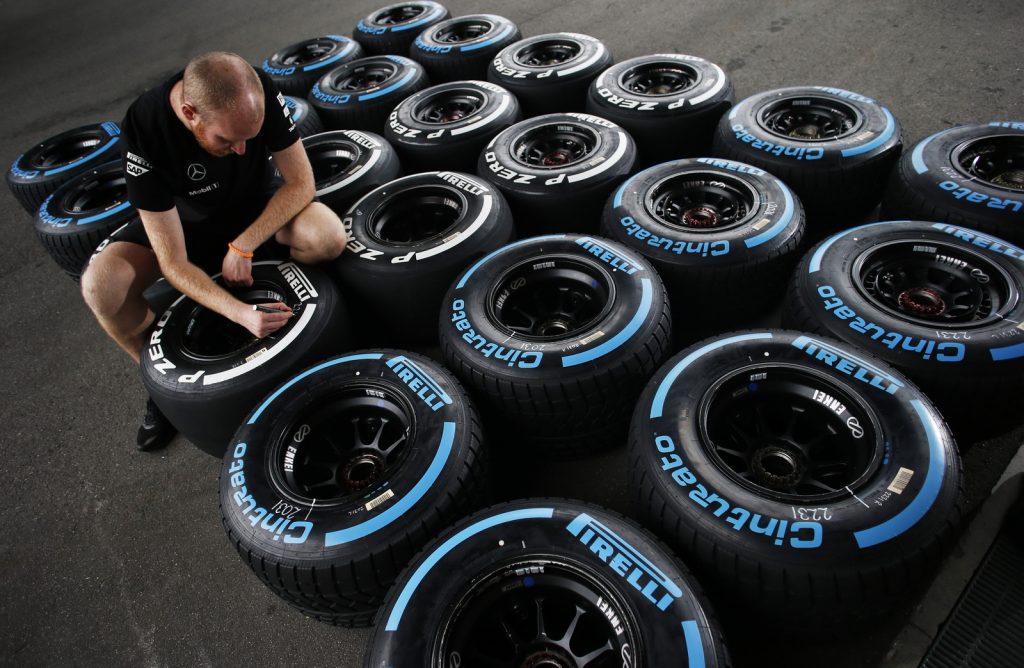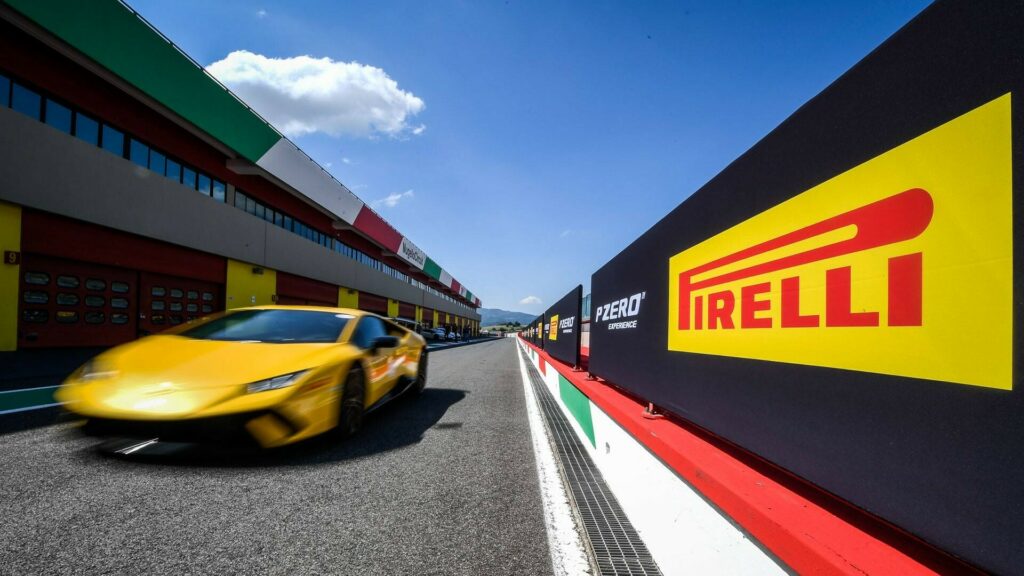Andrea Casaluci has spent the better part of two decades working for Pirelli in a number of different positions. Since 2018, he’s been the General Manager of Operations high in the command center at the tire company. Today, he’s looking ahead at the business with a great weight on his shoulders to continue Pirelli’s long-term and short-term success.
At the 2023 Formula 1 Miami Grand Prix, he took some time to talk with Carscoops about the future and how Pirelli works with OEMs to create bespoke tires. Here’s what he had to say.
CS: For years we’ve seen incremental progress but no big leaps forward in everyday consumer tire tech. What’s the next big seismic shift in tire technology?
AC: Thank you for the question, digitization, and connectivity that is entering into the development of tires will play a key role in the future. We can get a lot of information through sensors and transmit this information to the control unit of the car or why not, through a smartphone, communicate with consumers? Pirelli is the sole tire maker in the industry already in the market with a current product in the McLaren Artura with connectivity for four tires talking with the control unit of the car.
CS: So you see a future where consumers can get information about their tire health and more digitally?
AC: Yes, consumers and the car itself because you can understand the state of grip with the road well in advance and anticipate negative effects like aquaplaning or, for example, providing consumers with information on the state of the tread pattern. But it’s not really a future [development], it’s already something we can deliver today to our partners.
CS: Walk us through the process that takes place when Pirelli is working with an OEM to create a bespoke tire. How does Pirelli stand out from other brands?
AC: This has to do with technology, innovation, and the long-term relationship with car makers where you build trust in the partnership. We have a dedicated team of engineers working for each different car maker. Establish a long-term relationship, understand their needs, and work well in advance because we start working with car makers, two, or three years before the start of production of the cars at minimum to find the perfect fit for each car model.
Read: Pirelli Is Making World-First Sustainable, Natural Rubber Tires For The BMW X5 Plug-In Hybrid
So again, we build trust in the long-term relationship, innovation, and technology. And today, I have to say that digitization is helping to speed up the development process of cars, so it’s making even stronger the relationship with them because through data and through simulation, we can shorten the time to market.
CS: In general, how much does an F1 tire cost and how much might a team spend on tires in a single weekend?
AC: We don’t set tire prices up for each competition. We have a global agreement and we all follow the recommendation of the FIA in terms of quantities of tires to deliver. And then we have a high-level agreement, where we provide tires but also services, logistic services, and technical assistance. We don’t communicate the costs of single tires and the teams are not paying for tires per event because they also get technical assistance and engineers to work with the team.





